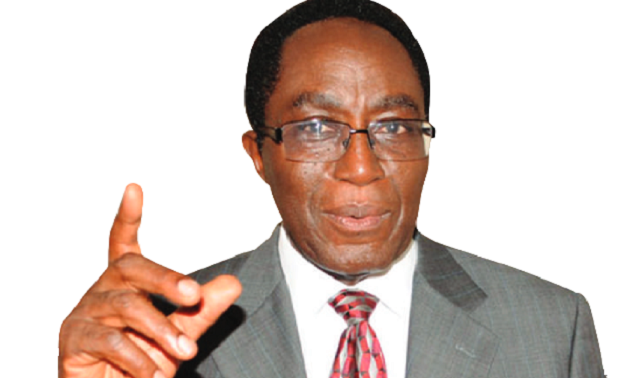
1,000 lecturers too much
Ddumba agrees. In addition to limited funds, he says the university has a culture of lack of accountability by lecturers.
“This leads to absenteeism and late release of results,” he says.
Prof. Eli Katunguka- Rwakishaya the acting Vice Chancellor Kyambogo, the second biggest public university told the Independent the Makerere problem is a management issue. Instead of rushing to re-open the university, Katunguka proposes that the workload of university staff is reviewed such that they can have appropriate numbers to match the work. “The over a thousand lecturers at Makerere don’t do research but have resorted to trotting around the many private universities sprouting as they get free money from government since they are employed on permanent terms,” he says.
But the financial problems are also real.
Baryamureeba says the drop on paying student numbers has cost the university Shs70 billion in one financial year 2015 alone. He blames Makerere’s failure to pay lecturers and other staff partly on the government’s decision in 2013 to allow the University Council to use the internally generated funds from private students’ fees to pay higher salaries to lecturers.
“It was already clear that Makerere University Council had no capacity to sustain the salary incentive,” he writes.
About Shs122billion is remitted to the university annually. Ddumba says 75% of the budget is spent on salaries and 25% is used to undertake other activities. But, he says at the time of closure there’s was no internet and electricity was about to be switched off. He was also quick to say that in 2013, when the issue of incentives was being discussed, he was against it knowing it will be another cause for chaos.
“People claim that people are stealing money but when we ask them who exactly is stealing money, they all keep quiet.”
While Ddumba suggests that problems at the institution are far beyond him and started a long time ago, pundits say the worst has happened under his leadership. The 2015 Auditor General’s report which is the latest seems to prove their claims. It shows Shs511million of which Shs219million were personal advances to staff remained outstanding for a period of more than one year, and Shs291 million administrative advances also remained outstanding and was used for unintended purposes. Also, money from donor grants was not disclosed expect for Shs10 billion which came from SIDA – SAREC projects. All other non-bilateral donor grants such as Africa Center for systematic review and knowledge translation, post abortion care study among others were not disclosed.
Contrary to the Treasury Accounting Instructions, the report shows payments of Shs776 million were made by various colleges for supplies and meeting other costs through personal accounts and there were no reasons to justify the payment to individual accounts. In the same period, it shows the University leased prime land in Kololo to a private investor at Shs1.5billion but the money never reflected anywhere. Not even the minister was aware of this move.
The parliamentary Public Accounts Committee (PAC) has summoned Ddumba and his officials to explain this mess come Nov. 29. But even before this happens, Onesmus Twinamatsiko, a member of PAC says Ddumba’s administration is not doing any work and should be sacked. Twinamatsiko does not buy into the excuse of underfunding.
“The officials can’t even account for the little they were given,” he says.
He says in addition to a grant from the central government and donors, other monies got from other commercial activities like the printer and the guest house is never accounted for. Once they appear before the committee and fail to offer a satisfactory explanation on how they used the money, Twinamatsiko says they will be asked to refund it or even be fired.
Ddumba not the problem
But can the firing the vice chancellor provide a lasting solution?
Prof. Abdul Basajjabaka Kasozi, the former Executive Director of the National Council for Higher Education, says Makerere problems lies in the mismatch between students’ numbers and available resources.
“If we are to see change,” he says, “Makerere and other public universities have to be given autonomy such that decisions made at the institutions are final and mechanisms for accountability are put in place.”
But Katunguka disagrees.
“The universities failure to manage their own incentives shows they can’t manage anything in the current situation,” he says.
 The Independent Uganda: You get the Truth we Pay the Price
The Independent Uganda: You get the Truth we Pay the Price


